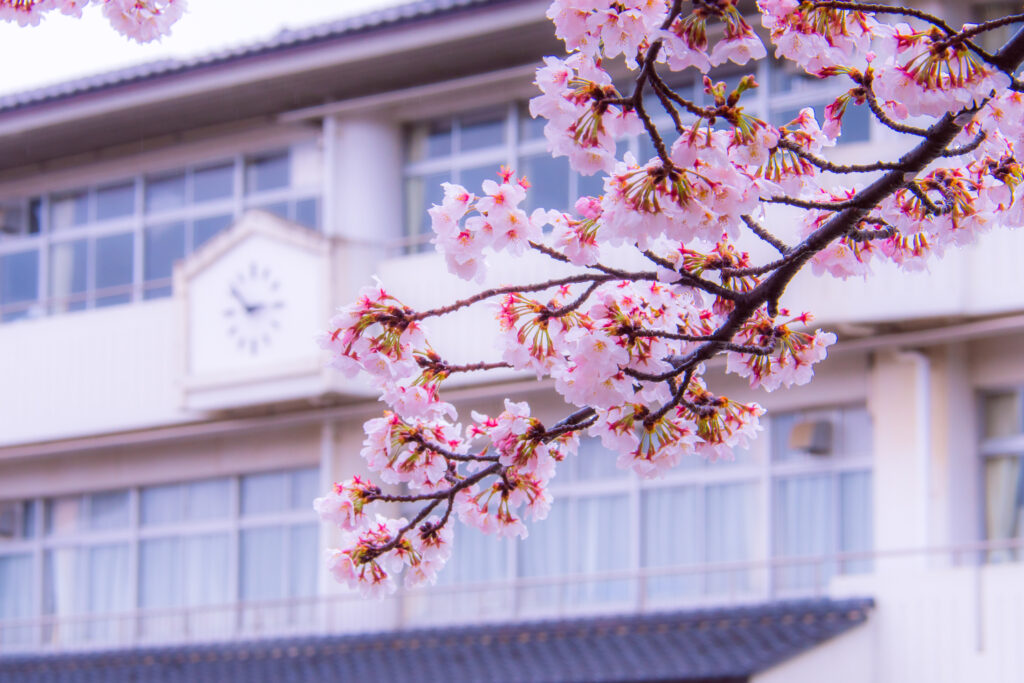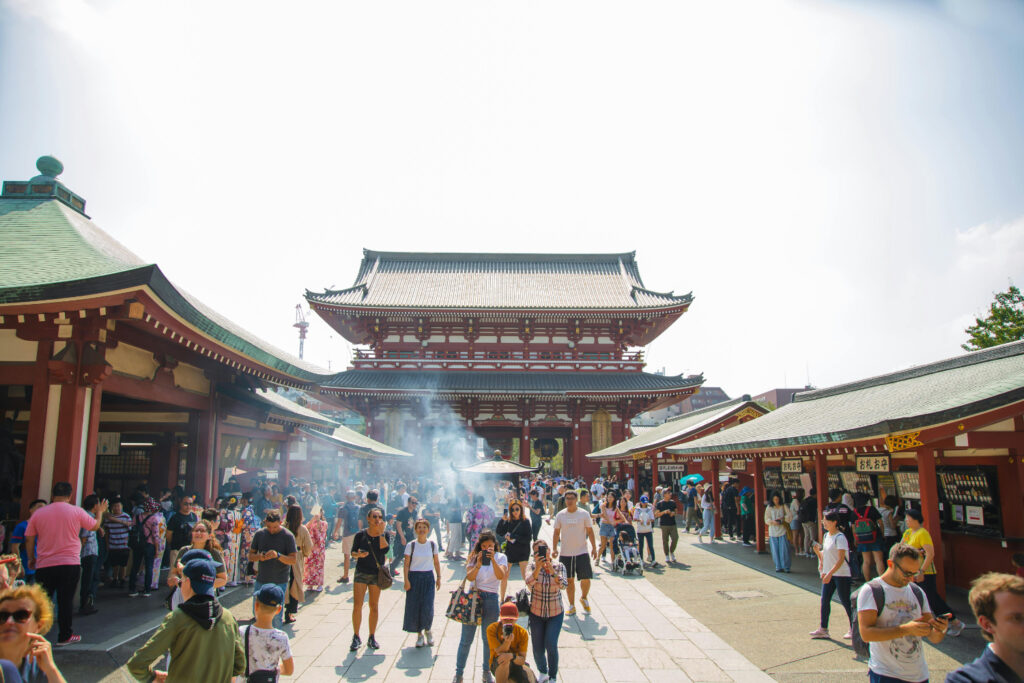Contrary to wide spread belief, key money is not illegal and from our stance as property managers, we encourage all owners to charge it.
Many times, foreign owners of property in Tokyo assume that their tenant will be another foreigner when in actuality, a major portion of the properties we manage are rented by Japanese tenants.
This goes against often high held advice that the safest tenants are those who work for foreign capitalized firms.
While these types of tenants are indeed safe, they are the hardest negotiators making them not as profitable as a Japanese tenant. Japanese tenants tend not to negotiate as much and are usually don’t object to pay key money, which can be used to offset the one month fee we as property managers charge owners for contracting with a new tenant.
Couple this with Japanese people co-signing up with a guarantor company on the lease, then this makes for a safe tenant coming in at a very close second in safety of the listed foreign capitalized firm.
This is not to say Japanese tenants will not negotiate however if you set your key money to 0 then you will get nothing 100% of the time. If you set key money to 1 month and the tenant wishes not to pay, you lose nothing compared to setting key money at 0. It is important to know that the negative influence is very limited by listing key money when advertising for a tenant.
The above logic is applicable to owner’s possessing unit 100 square meters and lower. If your unit is 100 square meter sand above, then it would be highly advisable prioritize applications from foreign capitalized firms as your tenant base for a large unit, meaning the number of potential tenants that can afford your unit, is smaller.
If you are a renter working at a foreign capitalized firm, while you may be the safest tenant you are not the most profitable. Many owners are willing to take a little higher risk for a Japanese tenant and get more profit on the deal which can explain why some landlords will reject your application with no key money, especially in one bedrooms or smaller two bedroom units.
From the owner’s perspective, if you can charge key money then you should. While it is not a preferred fee to pay, Japanese renters are accustomed to paying it which means there is no reason to leave any money on the table.
Editor’s Note: Oji is Vice President of Housing Japan’s Leasing & Property Management Division and has worked for many years managing property. Oji is a certified property manager and during his long career managing Tokyo residential property he has seen it all. Oji writes a weekly column outlining different aspects of property management and the rental market as he sees it from his unique perch.












